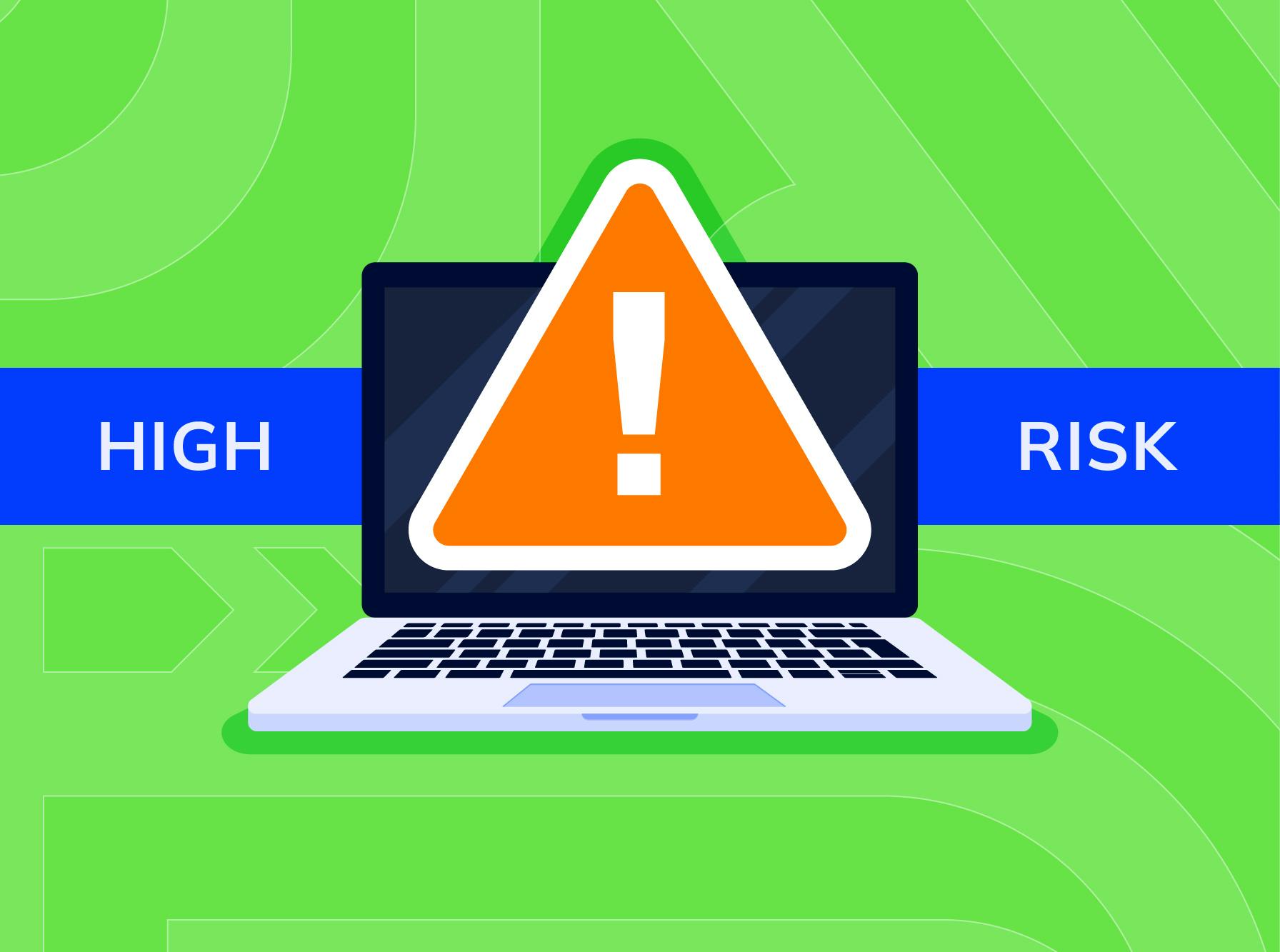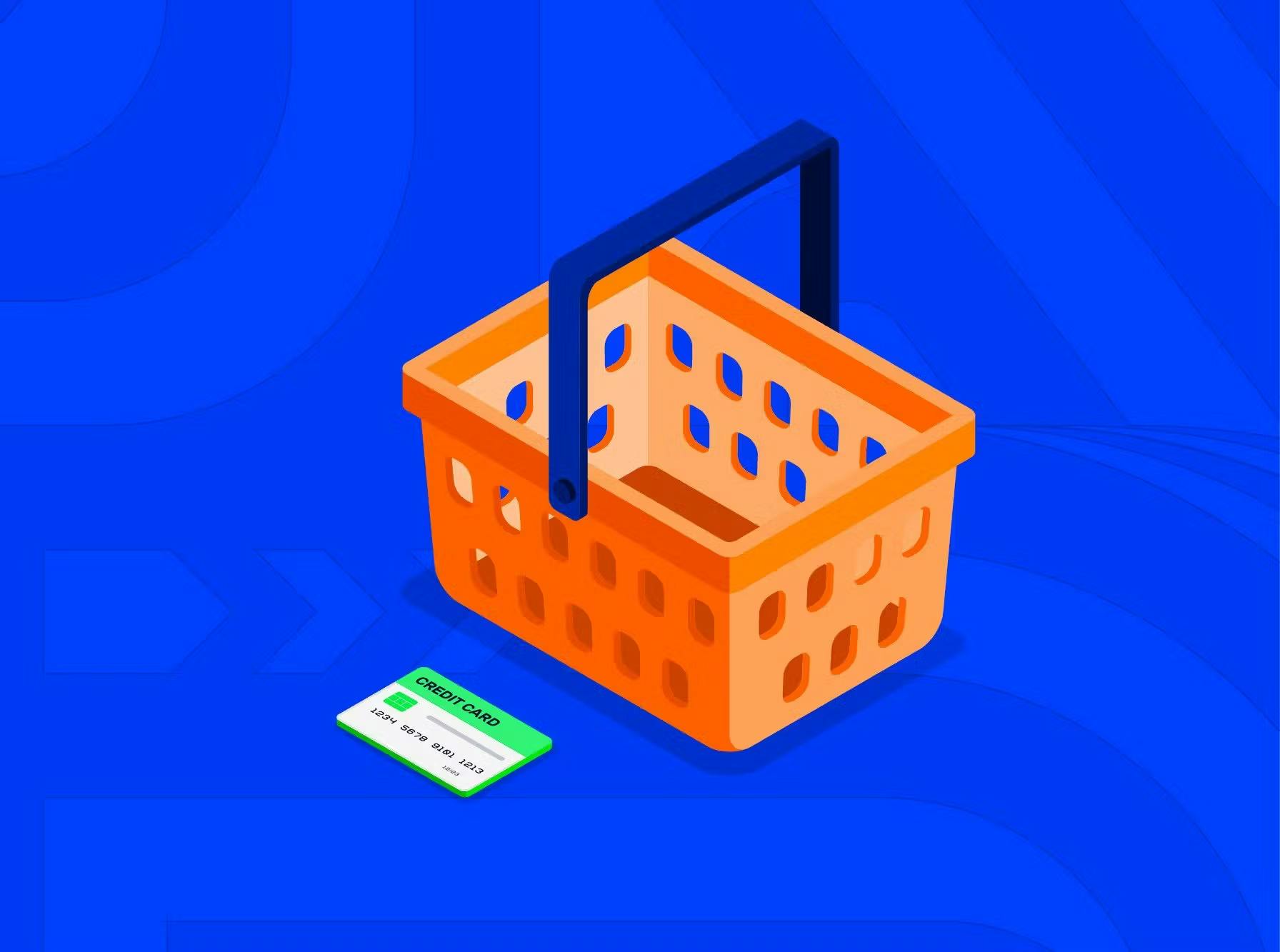In the dynamic world of e-commerce, selecting the right payment gateway is crucial, especially for high-risk businesses. High-risk industries, such as adult entertainment, online gaming, and pharmaceuticals, face more significant challenges in securing payment processing services. A robust payment gateway facilitates smooth transactions and ensures the security and integrity of sensitive financial information.
There are many important factors to consider when choosing a payment gateway provider for high-risk business.
Look for a payment gateway provider with a proven track record and experience handling transactions for high-risk businesses. Understanding your industry's unique challenges and compliance requirements is vital for a seamless payment processing experience.
If your business isn't certified to the Payment Card Industry Data Security Standard (PCI DSS), make sure your payment gateway provider follows industry data encryption standards, complies with PCI DSS, and employs fraud prevention measures. A secure payment gateway builds trust with your customers and protects sensitive information.
- Global reach and currency support
Consider a payment gateway that supports a wide range of currencies and has a global reach. It is crucial for high-risk businesses that operate internationally. The ability to process transactions in various currencies enhances your business's flexibility and allows you to cater to a diverse customer base.
High-risk businesses are often more susceptible to chargebacks, negatively impacting your bottom line. Choose a payment gateway provider with practical chargeback management tools and dispute resolution mechanisms. Such an approach can help minimize financial losses and maintain a positive merchant reputation.
- Transparent fee structure
Understanding the fee structure is crucial to avoiding unexpected costs. High-risk businesses may incur higher processing fees, but a transparent fee structure will help you plan and manage your finances effectively. Compare fees, including setup costs, transaction fees, and any additional charges, before making a decision.
Ensure the payment gateway provider complies with relevant industry regulations and legal requirements. High-risk businesses often operate in heavily regulated environments, and partnering with a provider that understands and adheres to these regulations is crucial for long-term success.



 Most Popular Payment Methods in the World: Analysis by Markets
Most Popular Payment Methods in the World: Analysis by Markets How to Increase Conversions in an Online Store with a Checkout Page
How to Increase Conversions in an Online Store with a Checkout Page How Tranzzo Simplified the Payment Process for Tickets.ua
How Tranzzo Simplified the Payment Process for Tickets.ua Integrating Multiple Payment Methods: Challenges and Solutions
Integrating Multiple Payment Methods: Challenges and Solutions Abandoned Shopping Carts: Why Businesses Lose Revenue and How to Increase the Number of Successful Payments
Abandoned Shopping Carts: Why Businesses Lose Revenue and How to Increase the Number of Successful Payments

